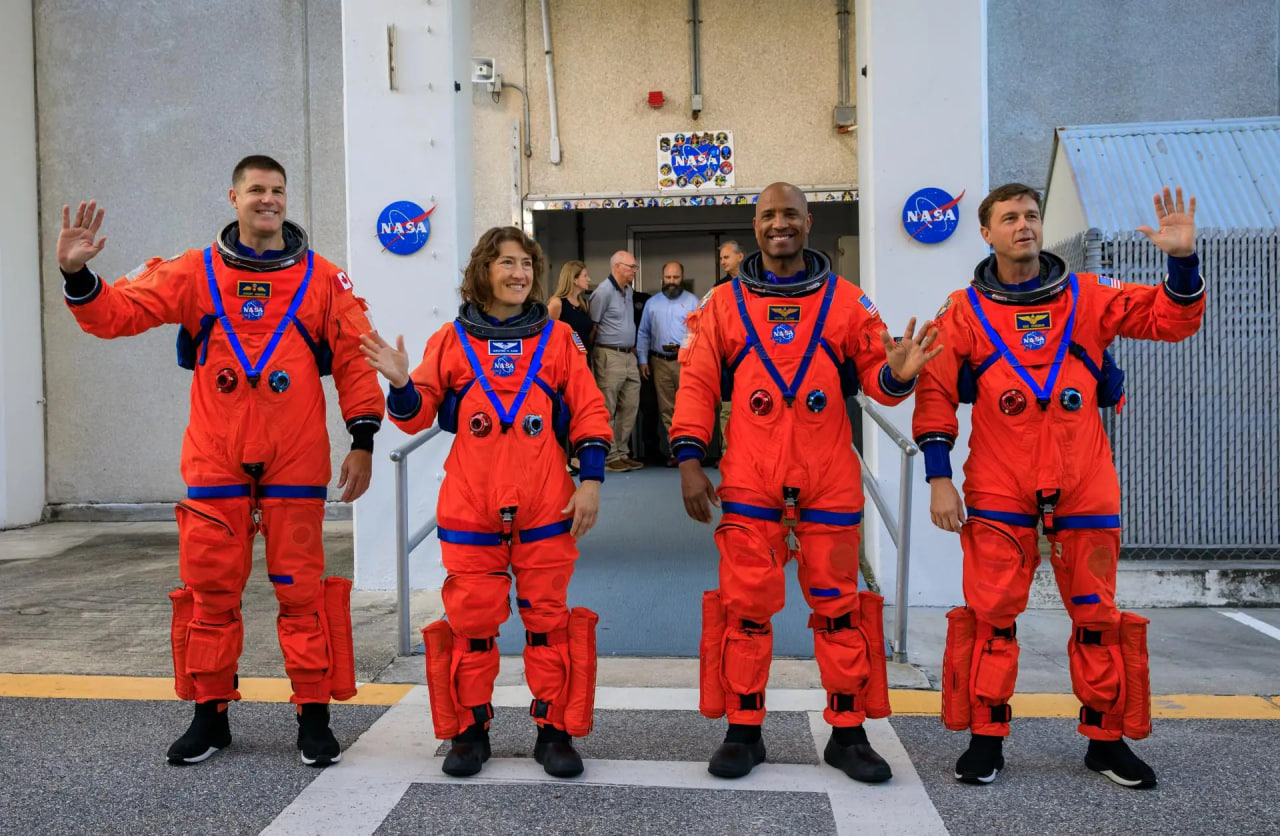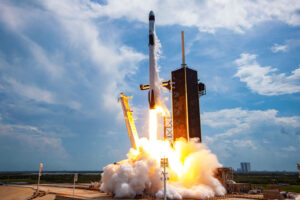NASA Pushes Back Artemis Launch Dates
11th Jan 2024
NASA has provided an update on its Artemis program. The next two launch dates have slipped.
New schedule for Artemis missions
Artemis II, the scheduled crewed mission around the Moon, has a target launch of September 2025, while Artemis III is now slated to launch the following September, with plans to land the first astronauts near the lunar South Pole. Maintaining momentum, Artemis IV, the pioneering mission to the Gateway lunar space station, is still on track for 2028. These strategic adjustments underscore NASA’s unwavering commitment to advancing human exploration beyond Earth’s bounds.
The Artemis program was launched in 2017 and is a series of missions focusing on sustained scientific research on the celestial body. Unlike the Apollo missions, NASA is planning for a more long-term presence on the Moon, both in its orbit and surface, with the potential of setting up a base there.
The program’s first success was in 2022 when NASA orbited the Moon in the Artemis 1 uncrewed mission. The Artemis 1 will eventually lead to Artemis 2, a manned mission initially scheduled for 2024 but now delayed to late 2025. One of the reasons for the change in timeline is to address the challenges associated with the developments and to ensure a safe mission for the crew.
Challenges Around the Artemis Mission
NASA Administrator Bill Nelson has emphasized that the safety of the astronauts remains the top priority for the agency. Artemis 2 with the Orion Spacecraft is tasked with testing crucial life support systems, but some issues with the project persist.
A battery problem and difficulties with a circuitry segment for air ventilation have come up during testing, which means that the project now needs more time to find a solution.
NASA will also conclude the investigation into the unexpected loss of char layers from the heat shield this spring.
Collaborations and Partnerships in the Artemis Missions
A number of partnerships, both in commercial and international space, have helped make the Artemis project possible. SpaceX, for instance, is responsible for the human landing system, while Axiom Space will contribute to the next-generation spacesuits, the technology of which will also potentially be used for future Mars exploration. The delay in schedule will also give these partners more time to test and improve their capabilities.
NASA has also tasked SpaceX and Blue Origin to apply the knowledge gained from these missions to develop further systems for potential cargo deliveries.







Thank you for your comment! It will be visible on the site after moderation.